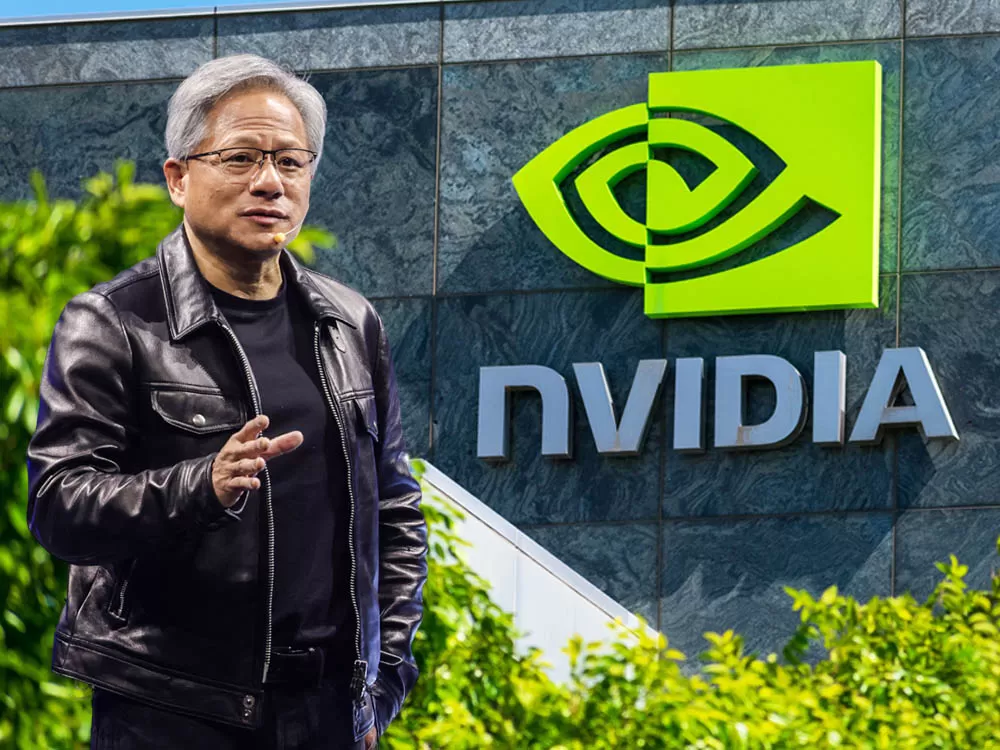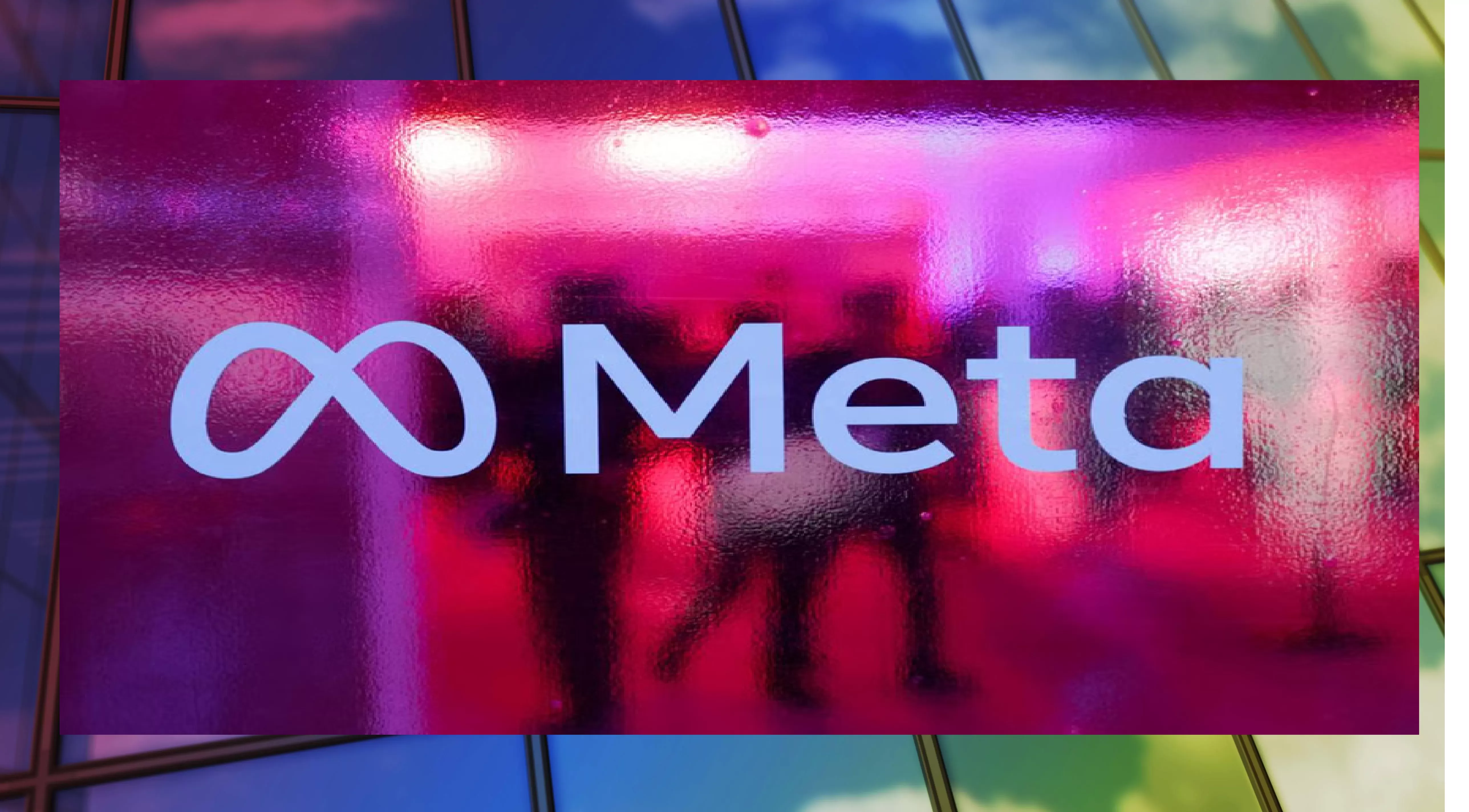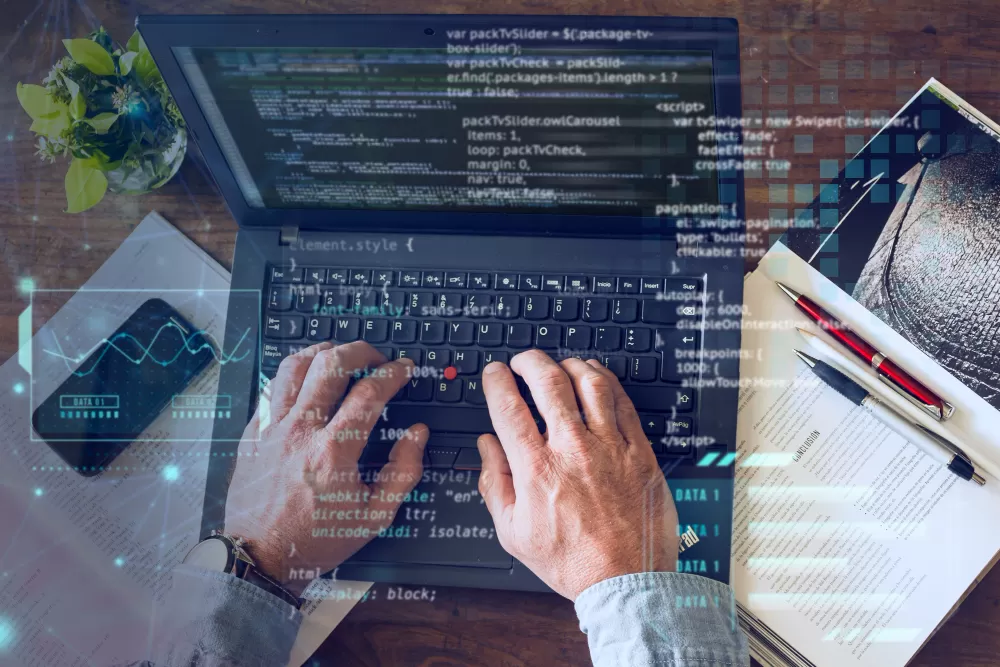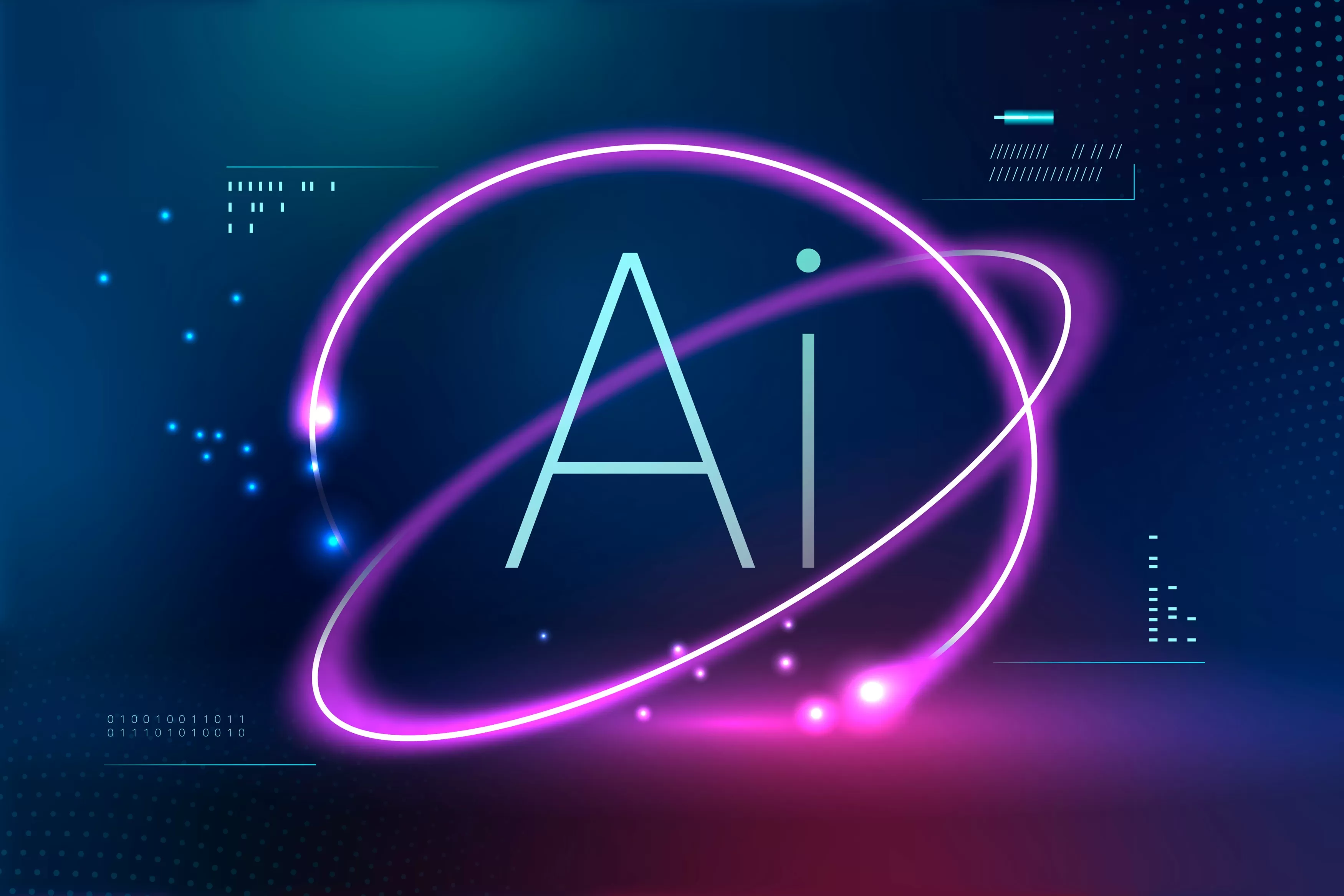
- Services .
- Industries .
- Company .
Explore the latest innovations, expert analysis, and industry updates in tech news. Stay informed, discover emerging trends, and enhance your knowledge with every update.

Artificial Intelligence isn’t just changing software—it’s about to reshape global manufacturing and employment. According to Nvidia CEO Jensen Huang, all companies will eventually need what he calls “AI factories”—physical or digital facilities dedicated to processing data, training models, and delivering intelligent outputs.
This vision represents a profound shift from traditional computing and promises new job opportunities, especially in the U.S.
An “AI factory” refers to a data center or compute infrastructure that:
Instead of producing cars or electronics, these factories generate AI-driven decisions, predictions, and content. Companies in sectors like healthcare, finance, logistics, and manufacturing will increasingly rely on these outputs to remain competitive.
Jensen Huang emphasized that America must lead in building AI infrastructure, not just consuming it. His statement points to a broader strategy: integrating AI technology into the domestic industrial base, especially through:
This is not just about coding or software engineering—it’s about electricians, plumbers, HVAC specialists, and construction crews who will build and maintain these high-performance systems.
Huang stressed that AI development must be inclusive, supporting both high-tech innovation and traditional skilled trades. He specifically noted:
As he put it: “We must acknowledge that trade craft is respectable, valuable work. Building a future with AI starts with the people who can build the foundation for it.”
Nvidia is putting this vision into action:
This push is expected to create thousands of high-tech and trade jobs while positioning the U.S. as a global AI powerhouse.
Huang’s message is clear: AI will be central to every company, just as electricity and the internet once were. Businesses that adapt now will lead in their industries. Those that don’t risk falling behind.
For governments, investors, and workers alike, the call to action is urgent:
AI factories are not science fiction—they’re today’s industrial reality. With leadership from companies like Nvidia, and a national commitment to innovation and skilled labor, the U.S. has the potential to lead the next tech-driven industrial age.
This transformation is not just about chips and algorithms—it’s about jobs, progress, and building an economy powered by both machines and people.

OpenAI Launches Speech Models for Transcription & Voice AI

KotlinConf 2025: Key Announcements and Trends in Kotlin Development

Google Cloud Agent Builder: Simplifying GenAI Adoption

Apple's Swift Version Manager: Simplifying Developer Workflow

Joelle Pineau Leaves Meta After 8 Years of AI Leadership

Laravel 12.4 Update: New Features and Enhancements

China Closing In on the U.S. in the AI Race

Google Releases Android Update to Patch Exploited Vulnerabilities

AI Empathy: Technology or Just Our Interpretation?

AI-Powered Android Studio: Gemini for Confident App Development